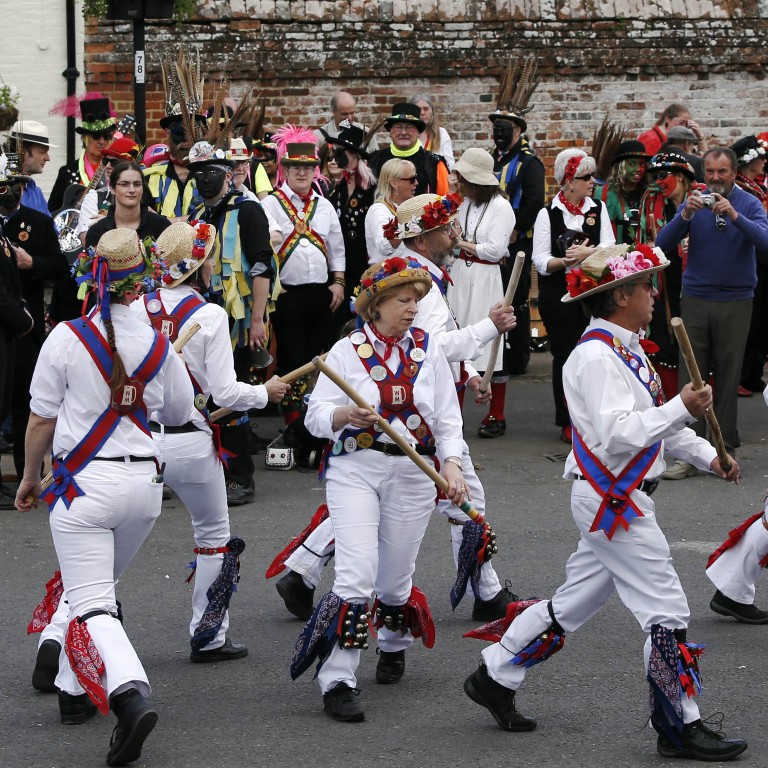
800 years on, the Magna Carta remains a charter for all time
Grenville Cross revisits the proclamations of basic rights and freedoms in the Magna Carta that still shape today's laws, 800 years on
In 1977, when the jurist Lord Denning memorably declared, "Be you ever so high, the law is above you", he was proclaiming a truth dating back to the 13th century. It was 800 years ago today, in Runnymede Meadows, that England's King John sealed the Magna Carta, or Grand Charter.
Under John's father, King Henry II, and his brother, King Richard I, royal powers had increased exponentially, along with spending. By 1215, the barons who had to bear the brunt had had enough, and John was given a set of demands, which he had to concede.
The Magna Carta, crucially, limited the king's ability to use his feudal prerogatives against the barons, and to tax them willy-nilly. It acknowledged that people should only be taxed if they were represented when the decisions were taken, something taken up again five centuries later by America's revolting colonists.
Rather than laying down rights, the Magna Carta prescribed the basic liberties of English subjects, and proclaimed that even the sovereign was not above the law, a startling proposition for the time.
The Magna Carta is amazingly broad, covering such things as due process, church freedom and the proper conduct of officials. Clause 39 is perhaps its most famous provision, and states that no free man is to be arrested, imprisoned, deprived of his property, enslaved, exiled or otherwise proceeded against, unless "by legal judgment of his peers, or by the law of the land".
Although some claim the Magna Carta is the source of many modern rights, including the right of the suspect to know in advance what charges he will face, this is probably stretching things a bit too far. What can, however, be said is that the Magna Carta recognised that suspects have to be treated more fairly.
Over the centuries, the Magna Carta has exercised enormous influence around the world. In the US, the founding fathers were inspired by the Magna Carta when drafting both the Declaration of Independence and the Bill of Rights. When the Universal Declaration of Human Rights was being drawn up in 1946, Eleanor Roosevelt, who chaired the UN Commission on Human Rights, described it as "a Magna Carta for all mankind".
In Hong Kong last December, Chief Justice Geoffrey Ma Tao-li rightly said that "the underlying principles of the Magna Carta are timeless, as relevant today as they were 800 years ago". Some of its notions are reflected in the Basic Law, including the limit on arbitrary arrest and detention, and the right of access to the courts.
The Magna Carta Trust has described the charter as Britain's greatest export, and its boast, that "800 years on, Magna Carta's best days lie ahead", is certainly much more than mere hyperbole.

